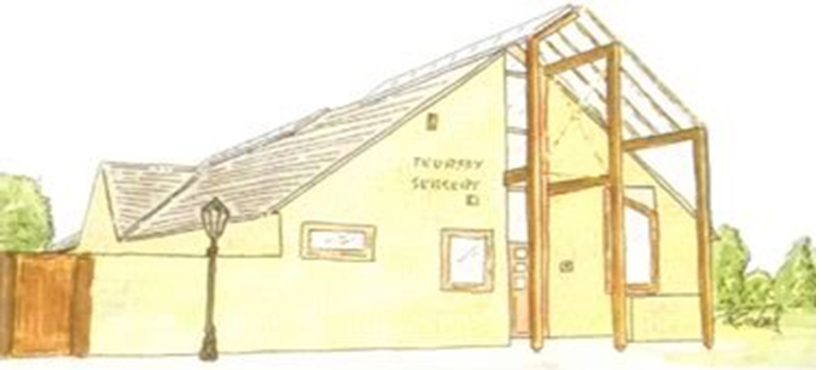Diarrhoea and Vomiting
Both Diarrhoea and vomiting are common amongst adults, children and babies.
Generally caused by a stomach bug, it will normally stop in a few days
The most common causes of Diarrhoea and vomiting are;
- A stomach bug (Gastroenteritis)
- Norovirus (Also called "The Vomiting Bug")
- Food poisoning
For other causes of Diarrhoea and vomiting click here
How Can I Treat Diarrhoea and Vomiting at Home?
You can usually treat both yourself and your child at home.
The most important thing is to have lots of fluids as both Diarrhoea and vomiting can cause dehydration.
Do
- Drink lots of fluids, such as water or cordial squash (Take small sips if you are feeling sick)
- Stay at home and get plenty of rest
- Carry on breast or bottle feed your baby. If they are being sick, try giving small feeds more often than usual
- Children on formula or solid foods should be given small sips of water between feeds
- Take paracetamol to help aid any discomfort (Always check the leaflet before giving to your child)
- Eat when you feel able to (You do not need to avoid any specific types of foods)
Don't
- Drink fruit juices or fizzy drinks (These can make diarrhoea worse)
- Make baby formula weaker, make it at it's usual strength
- Give children under 12 medicines to stop diarrhoea
- Give children under 16 Aspirin
How Long Does it Last?
In both adults and children;
- Diarrhoea usually stops within 5 to 7 days
- Vomiting usually stops within 1 to 2 days
Diarrhoea and Vomiting Can Spread Easily
It is important that you and your child stays off work/school until you have not been sick or had diarrhoea in at least 2 days
To Avoid Spreading an Infection
- Wash your hands with soap and water frequently
- Wash any clothing or bedding that has poo or vomit on it on a separate hot wash
- Clean toilet seats, flush handles, taps, surfaces and door handles each day
- DO NOT prepare food for other people when possible
- DO NOT share towels, flannels, cutlery or utensils
- DO NOT use a swimming pool until 2 weeks after the symptoms stop
A pharmacist can help
You should speak to a pharmacist if;
- You or your child (Over 5 years of age) have signs of dehydration. These can be; dark, smelly pee or peeing less than usual
- You need to stop Diarrhoea for a few hours
The Pharmacist may recommend;
- Oral rehydration sachets, these you can mix with water to make a drink
- Medicine to stop Diarrhoea for a few hours (These may not be suitable for children under 12 years old)
Get advice from 111 now if
- You are worried about a child under 12 months old
- Your child stops breast or bottle feeding while they are ill
- A child under 5 years old shows signs of dehydration (Such as fewer wet nappies)
- You or your child have signs of dehydration after using rehydration sachets
- You or your child have diarrhoea for more than 7 days or vomiting for more than 2 days
- You or your child have bloody diarrhoea or bleeding from your bottom
111 will advise you of what to do,
You can either call '111' from any phone (This is a free service and you will not be charged by your mobile provider) or visit 111.nhs.uk
Call your GP if;
- You are worried about a child under 12 months old
- Your child stops breast or bottle feeding while they are ill
- A child under 5 years old shows signs of dehydration (Such as fewer wet nappies)
- You or your child have signs of dehydration after using rehydration sachets
- You or your child have diarrhoea for more than 7 days or vomiting for more than 2 days
- You or your child have bloody diarrhoea or bleeding from your bottom
Due to the outbreak of COVID-19, all consultation will initially be over the telephone. If a GP feels it necessary, you will be asked to attend a face-to-face consultation
Call 999 or go to Urgent Care/A&E if You or Your Child;
- Vomit blood or you have vomit that looks like ground coffee
- Have bright green or yellow vomit
- Might have swallowed something poisonous
- Have a stiff neck or pains when looking at bright lights
- Have a sudden, severe headache or stomach ache
(Severe pain is described as, but limited to; Always there and makes it difficult to think, disrupting your sleep)
We use cookies to help provide you with the best possible online experience.
By using this site, you agree that we may store and access cookies on your device. Cookie policy.
Cookie settings.
Functional Cookies
Functional Cookies are enabled by default at all times so that we can save your preferences for cookie settings and ensure site works and delivers best experience.
3rd Party Cookies
This website uses Google Analytics to collect anonymous information such as the number of visitors to the site, and the most popular pages.
Keeping this cookie enabled helps us to improve our website.

